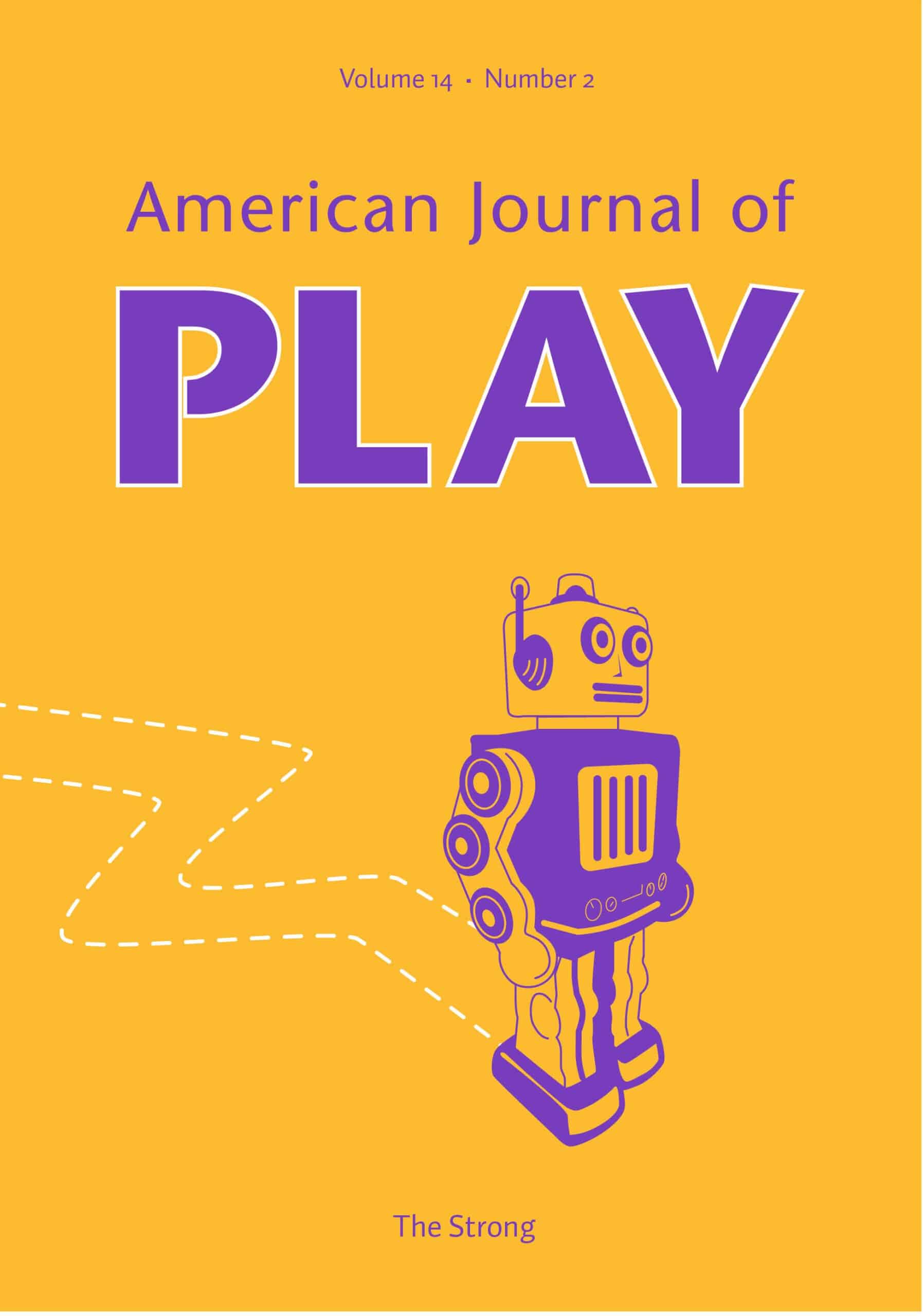Educating and Inspiring through Toys and Play: An Interview with Terri-Nichelle Bradley
Terri-Nichelle Bradley is the founder and principal of play at Brown Toy Box, an educational toy company dedicated to improving the lives of Black children by cultivating their curiosity, expanding their skills, and underscoring Black excellence. She is a graduate of Augsburg College and has earned numerous awards for her work, including a 2019 Civic Impact Award from the Center for Civic Innovation and the 2021 Social Entrepreneur of the Year from the Atlanta Business Chronicle’s Leaders in Corporate Citizenship. Key words: Brown Toy Box; diversity and toys; educational toys; STEAM; STEM; toy design; toy industry





